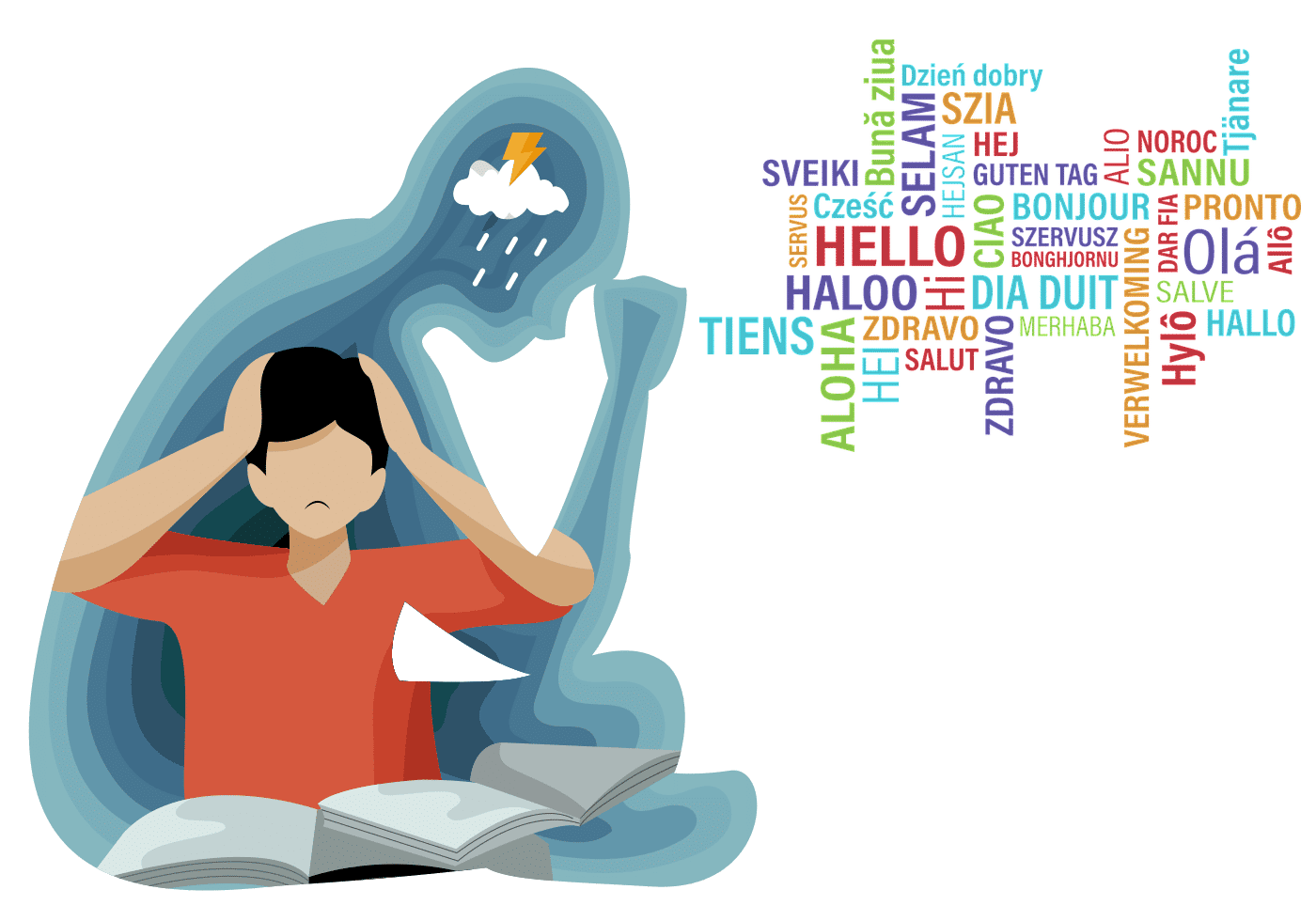Focus Strategies Used in Different Language Acquisition
Where attention goes, language grows.
02-08-2025Yes! Every child is unique and special, and they can all become the best versions of themselves if they’re nurtured to be.
Every parent wants the best for their children. They want to see them happy, healthy, cheerful, and growing. They desire to see their children grow into maturity and get better every day. However, as parents who have children with special needs, it can be a little challenging trying to bring out the best in them.
Have you ever wondered if your child can learn a second language? Is it your desire to see your African child speak Spanish or French? Do you sometimes ask yourself if they can become better than they are? The answer is a resounding Yes! Every child is unique and special in their own way, and they can all become the best version of themselves if nurtured properly.
Many parents worry that introducing a second language will confuse or overwhelm their children, especially if they struggle with their first language. On the other hand, research suggests that bilingualism does not cause or worsen language delays. Learning a second language can have cognitive, social, and academic benefits. The process might require additional support and strategic guidance, but children with special needs can successfully learn a second language.
Every child learns at their own pace, and this is especially true for children with special needs. Their ability to learn a second language depends on various factors, including:
Many bilingual children with special needs have successfully acquired and used multiple languages. Studies show that children with Down syndrome, autism, and dyslexia can all become bilingual with appropriate support. Additionally, bilingualism has been linked to mental flexibility and may even help with problem-solving and memory skills.
Therefore, a child with special needs can learn a second language, especially when provided with the right support, patience, and encouragement. Instead of focusing on limitations, it’s important to recognize each child's strengths and adapt teaching methods accordingly. The key to seeing good results is a positive mindset—never doubt your child’s ability, as they can be greater than you imagine.
Spread the Knowledge! 🚀
Found this article useful? Click the Share button below and let others benefit too!

Where attention goes, language grows.
02-08-2025
By creating a positive environment, making learning enjoyable, and emphasizing progress over perfection, you can help your child build confidence and develop a lifelong love for languages.
26-02-2025
Healthy eating is more than just a physical need; it’s a fundamental pillar of cognitive performance and, consequently, successful language acquisition.
23-07-2025